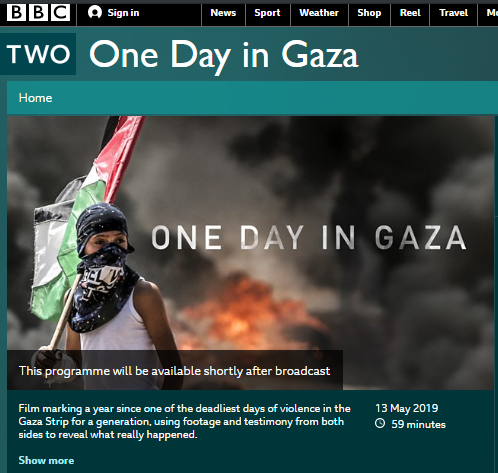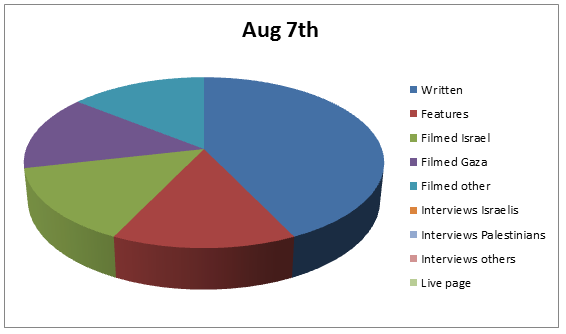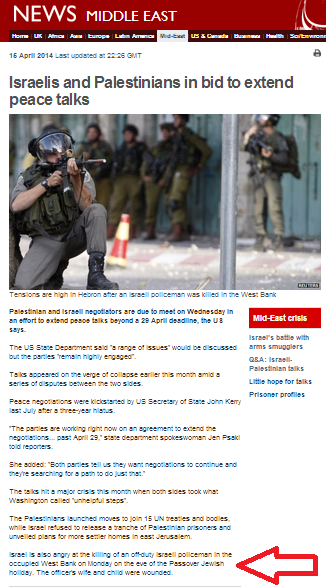As recorded here last week, the recent BBC Two film ‘One Day in Gaza’ told viewers that:
“…Israel tightened its blockade on the region citing security concerns and strictly controlling all movement of goods and people in and out of the Gaza Strip. Today the economy is in freefall. More than half of Gaza’s two million inhabitants live in poverty and rely on aid. And they’re prevented from leaving what is one of the most densely populated regions on earth.” [emphasis added]
That misleading claim is of course not novel to BBC content and neither is the related and not infrequently seen politicised framing of the Gaza Strip as an ‘open-air prison’ – see examples here, here and here.
At the Erez crossing into Israel:
“Every day an average of 1,000 Gazan residents enter Israel through Erez Crossing. The vast majority of these people are those in need of medical treatment, but it also includes businessmen, industry professionals, students, individuals going to pray on the Temple Mount in Jerusalem, and others.”
The BBC Two film made no mention whatsoever of the fact that the Gaza Strip also has a border with Egypt and that the territory’s other pedestrian crossing into a neighbouring country is located on that border. The Rafah crossing into Egypt has been mostly open since November 2017 and Ha’aretz recently reported that:
“According to data compiled by aid agencies affiliated with the United Nations, 60,907 Palestinians left Gaza via Egypt in 2018…”
That data of course refutes the BBC’s claim that inhabitants of the Gaza Strip are “prevented from leaving”. However, the Ha’aretz report goes on to state that:
“…only 37,075 returned, a net exodus of around 23,800. But other sources provide different numbers, and Israel’s estimate is that around 35,000 Gazans left for good. […]
Hamas initially viewed Rafah’s opening as a source of income, since anyone who leaves must pay it to obtain a passport, visa and other documents. Additionally, an industry of bribes soon developed, in which anyone who sought to obtain the documents quickly had to pay Gazan government officials hundreds of dollars.
But in recent months, Hamas realized that Rafah’s opening had allowed educated members of the younger generation to leave and sought to stem the brain drain. In particular, due to Gaza’s collapsing health system, it decided to bar doctors from leaving.” [emphasis added]
It remains to be seen whether or not the BBC will tell its audiences about those particular restrictions on movement for Gaza Strip inhabitants – and who is enforcing them.
Related Articles:
BBC’s ‘Life in the Gaza Strip’ backgrounder not fit for purpose




